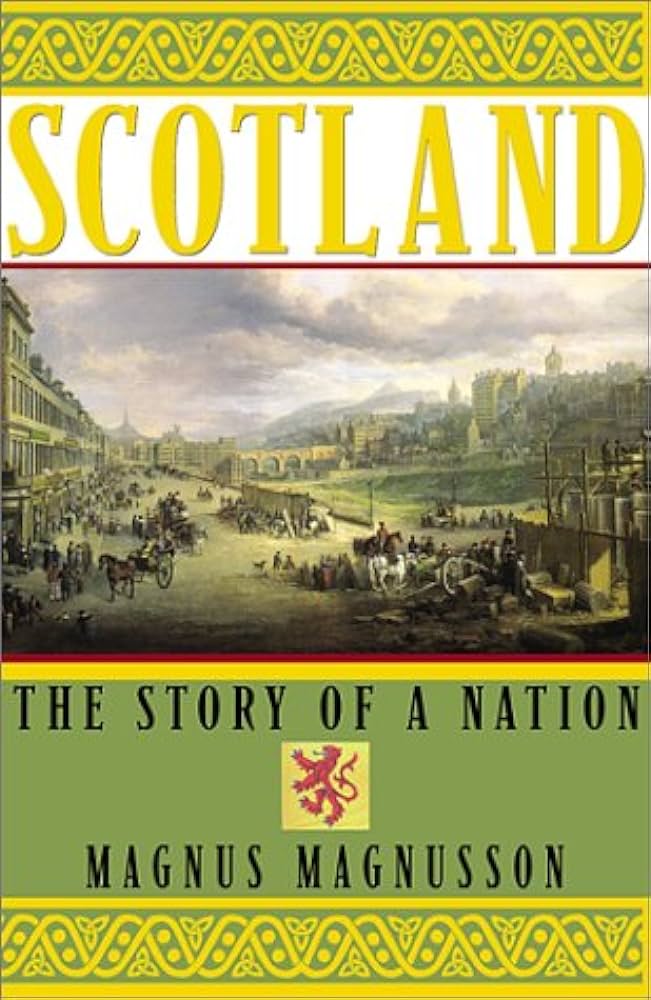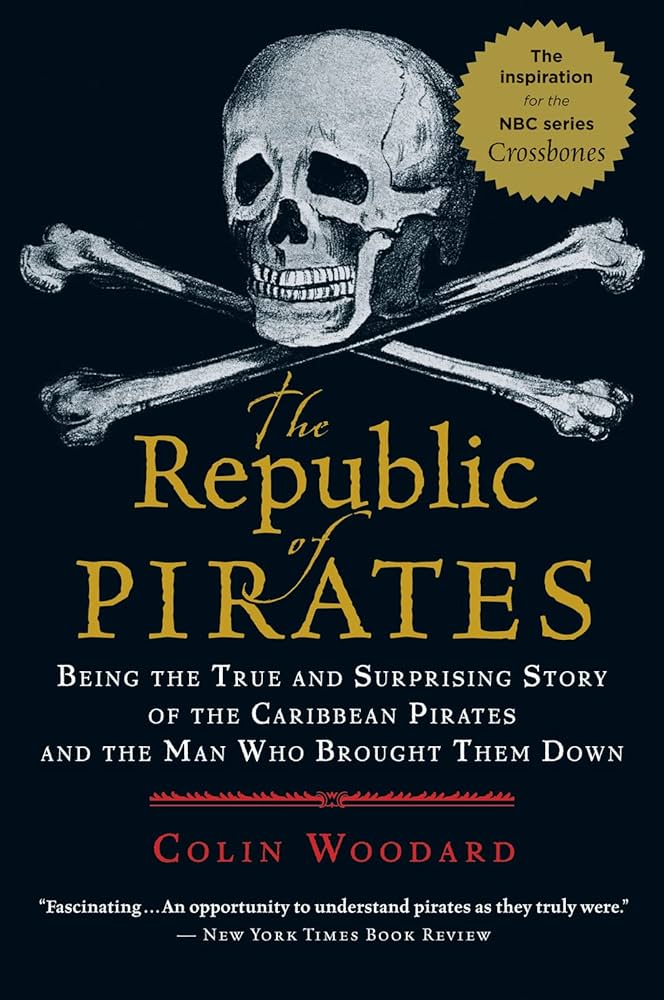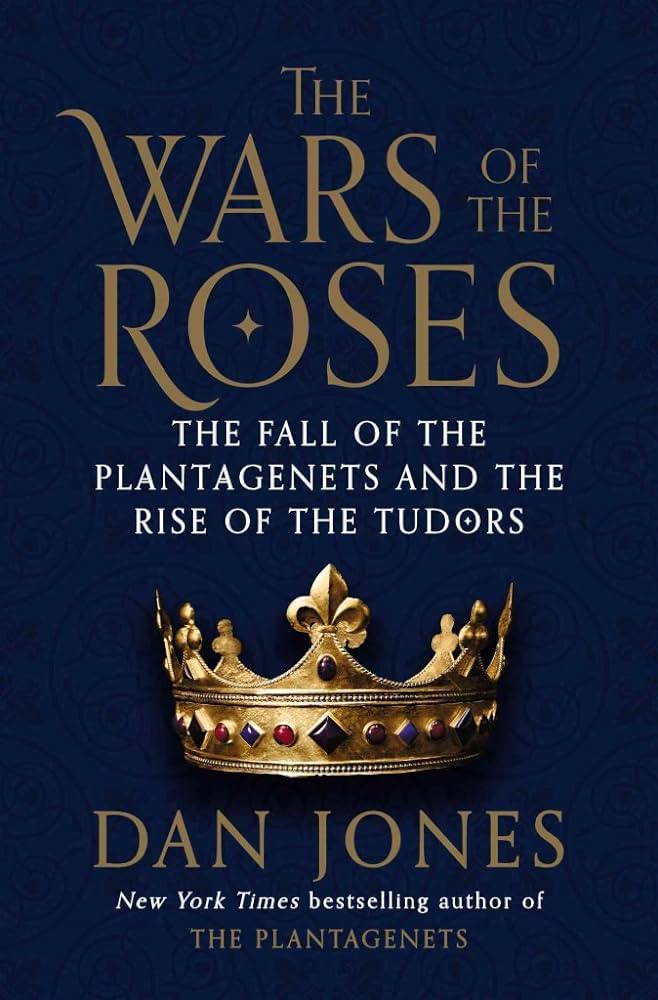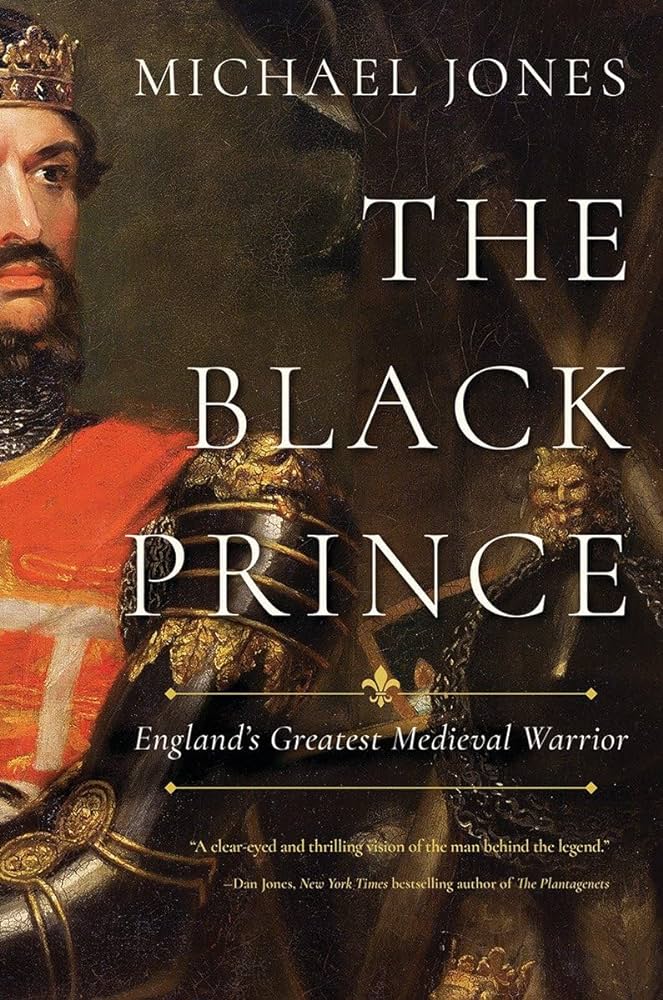Five Nonfiction Books For Fantasy Lovers - Daniel Meyer
24 May 2024The fantasy genre and real-world history have always been intimately connected. Author Guy Gavriel Kay once described his books as “history with a quarter turn toward the fantastical.” J.R.R. Tolkien and George R.R. Martin are well-known for their interest in history, something that’s by no means unusual amongst fantasy authors. In fact, it would be surprising to find a fantasy author who wasn’t deeply intrigued by the wild ride that is our planet’s past. Countless SFF novels have drawn on real events in some way, mixing the familiar with the magical to great effect. So, if you’re looking for something to tide you over while you wait for the next book in your favorite series, if you want some inspiration for your own future bestseller, or you simply enjoy learning about the past, here are five of my own personal favorite history books that I think my fellow fantasy fans will enjoy.
Nemesis by David Stuttard

Those interested in classical history may have heard of Alcibiades, the infamously villainous arch-traitor of ancient Athens, a man said to be descended from the Trojan War heroes Nestor and Ajax the Great, whose clan was said to be cursed by the gods, who spent years switching sides between Athens and Sparta during the epic Peloponnesian War, a decadent, self-serving scoundrel. But what, exactly, was the truth?
As it turns out, most of the stories of Alcibiades’ dark deeds (i.e., randomly murdering servants and such) are apocryphal. When those are stripped away, we’re left with a picture of a man motivated not by malice, but by ambition and an irrepressible sense of self-preservation. Not that he was a saint; he was an undeniably vain, arrogant, and grandiose man, and probably wouldn’t have hesitated to admit it. But he was also possessed of courage, charisma, and a keen strategic mind, and there were many in Athens who liked and respected him, a fact that became politically inconvenient later on.
While I won’t spoil the many twists and turns of Alcibiades’ eventful life, his biography is both a fascinating portrayal of Ancient Greece and a rip-roaring story of one of history’s consummate tricksters, who lived a life straight out of a Greek myth—and it’s all true. And it would no doubt put a smile on Alcibiades’ face, knowing that his charisma was such that it can still suck people in, long centuries after his death.
Scotland: The Story of a Nation by Magnus Magnusson

Scotland has secured a grip on the public imagination for years, from Sir Walter Scott in the 19th century, to Braveheart and Outlander in the modern day, but how much do we really know about its colorful history? The spectacularly-named Magnus Magnusson sets out to fill us in, with one of the most flat-out swashbuckling history books ever written. Starting in Scotland’s dim early history, before Scotland was Scotland, Magnusson takes the reader on a rollicking journey, filled to the brim with knights, Vikings, rogues, fanatics, battles, cliffhangers, betrayals, love and hate, plots and counterplots, triumphs and tragedies. Along the way, you’ll meet a Macbeth that’s very different from what Shakespeare portrayed, along with Robert the Bruce, William Wallace, and a number of other figures less famous but no less interesting. You’ll see the romantic, doomed reign of Mary, Queen of Scots, how close the Jacobite Rising of 1745 came to changing the course of history, and much more. Guaranteed to make you want to jump off your couch waving a claymore, whoever said history was boring has never read this book.
The Republic of Pirates by Colin Woodard

Pirates, we’re told, were simple thieves, certainly nothing like the dashing adventurers from movies and books. And there can be no doubt they were an avaricious, often ruthless lot. But in the early 18th century, the reality of piracy was far more complex, particularly on the island of Nassau, where, in the absence of colonial authority, pirates set up a society of their own. The Republic of Pirates, though no one called it that back then, was a rogues’ gallery of the Caribbean’s most notorious buccaneers: Charles Vane, Benjamin Hornigold, Calico Jack Rackham, Black Sam Bellamy, and Blackbeard. (Black Sam I found particularly interesting, as he probably came the closest of anyone to the Hollywood portrayal of pirates as noble Robin Hood figures, his piracy seemingly motivated by genuine ethical conviction.) And it must be said that their avarice and ruthlessness paled in comparison to that of the British Empire, who they soon antagonized. Not merely outlaws, their democratic impulses and relentless raids on shipping made them a threat to the status quo. As the powers that be became increasingly infuriated by their disruptions, the pirates themselves became more brazen—and increasingly aware of just how dangerous they truly were. The stage was set for a timber-shivering clash, and readers will likely find themselves rooting for this motley crew of miscreants who defied an empire.
The Wars of the Roses by Dan Jones

George R.R. Martin was famously inspired by the Wars of the Roses when writing his fantasy megahit, so I thought I’d be remiss not to include a book about it. It goes like this: after the Hundred Years War, England was in a shambles, with violence and instability rising. Presiding over it all was Henry VI, the increasingly unstable king who represented the House of Lancaster, one of the two major branches of the Plantagenet dynasty, the other being the House of York. Tensions between Henry and Richard, the Duke of York, had simmered for years due to Henry’s erratic rule, underpinned by the knowledge of their competing claims to the throne. Tensions finally erupted when Richard raised the standard of revolt, before being bloodily defeated. Rather than spell the end of the conflict, this was only the beginning, as his sons took up his cause, determined to avenge him, and the conflict became simultaneously a struggle for the throne and a blood feud. Over the years, events would escalate far beyond what either side anticipated, with both the Lancasters and Yorks suffering stunning victories and reversals, the throne changing hands more than once. After years of battles, betrayals, and chaos, it would all come to a head at the Battle of Bosworth, in which the Middle Ages would come crashing to a bloody close with the death of a king.
The Black Prince by Michael Jones

When I was a kid, the Middle Ages captured my imagination, particularly the knights, a fascination that ultimately planted the seeds of the epic fantasy I’m planning to write, and when I read The Black Prince, it swept me right back to that time, when I was six years old and fascinated by castles and swords and shields. (A fascination, of course, I still have as an adult.)
Set against the sweeping backdrop of the Hundred Years War, this is a biography of Edward, known to history as the Black Prince, the son of Edward III, and England’s king who never was. More than the simple facts of Edward’s life, this book brings to life the world in which he lived, in all its pageantry and savagery, pulling the reader into a world of chivalry as intoxicating as it is brutal. A highlight is the Battle of Poitiers, in which the English faced a far larger French army in a clash as cinematic as anything ever filmed for a blockbuster movie. Vividly told, you’ll feel as though you’re riding into battle yourself, alongside the Black Prince, a man simultaneously lucky and ill-fated, courageous and ruthless.
About Daniel Meyer

For as long as I can remember, I’ve been a reader, and for almost as long, I’ve had ideas for stories of my own. I wrote my first story at the age of six, about pirates who had their treasure stolen. I never finished it, but I would keep writing stories throughout my childhood (never finishing most of those, either.) I fell away from the habit in my early teens, but all through high school, college (where writing papers helped me find my own unique voice), and my befuddled attempts at job hunting, the ideas never stopped, coming from all kinds of sources, for books, movies, TV shows, comics. On some level, I felt I should be a writer, and yet, I never seriously considered that I would actually become one.
Eventually, the ideas were coming faster and faster, and when I was twenty-five, I couldn’t resist the temptation anymore, and decided to take the plunge and actually bring those stories to life. At first I just concentrated on getting my many ideas down on paper, then spent months waffling over which one of them I should write first, until finally landing on Sam Adams.
And that brings us, more or less, to the present day. One of my main goals as a writer is to write the kinds of stories I want to read, and hopefully they’re the kinds of stories others would want to read as well. Like I said, I have more than a few ideas waiting in the wings, and I intend to bash out all of them sooner or later. I can’t wait for all of you to read them.
